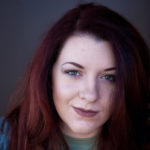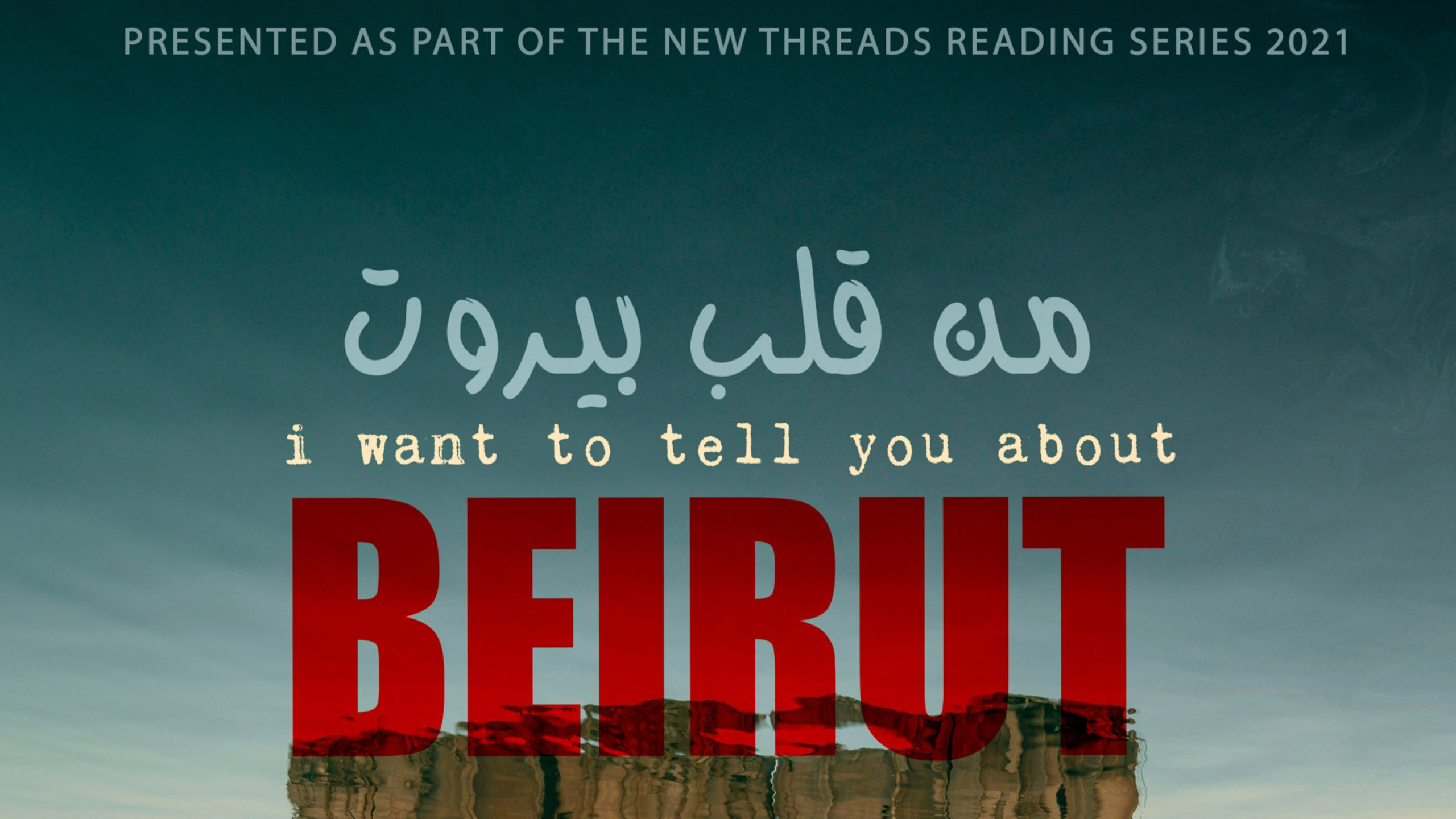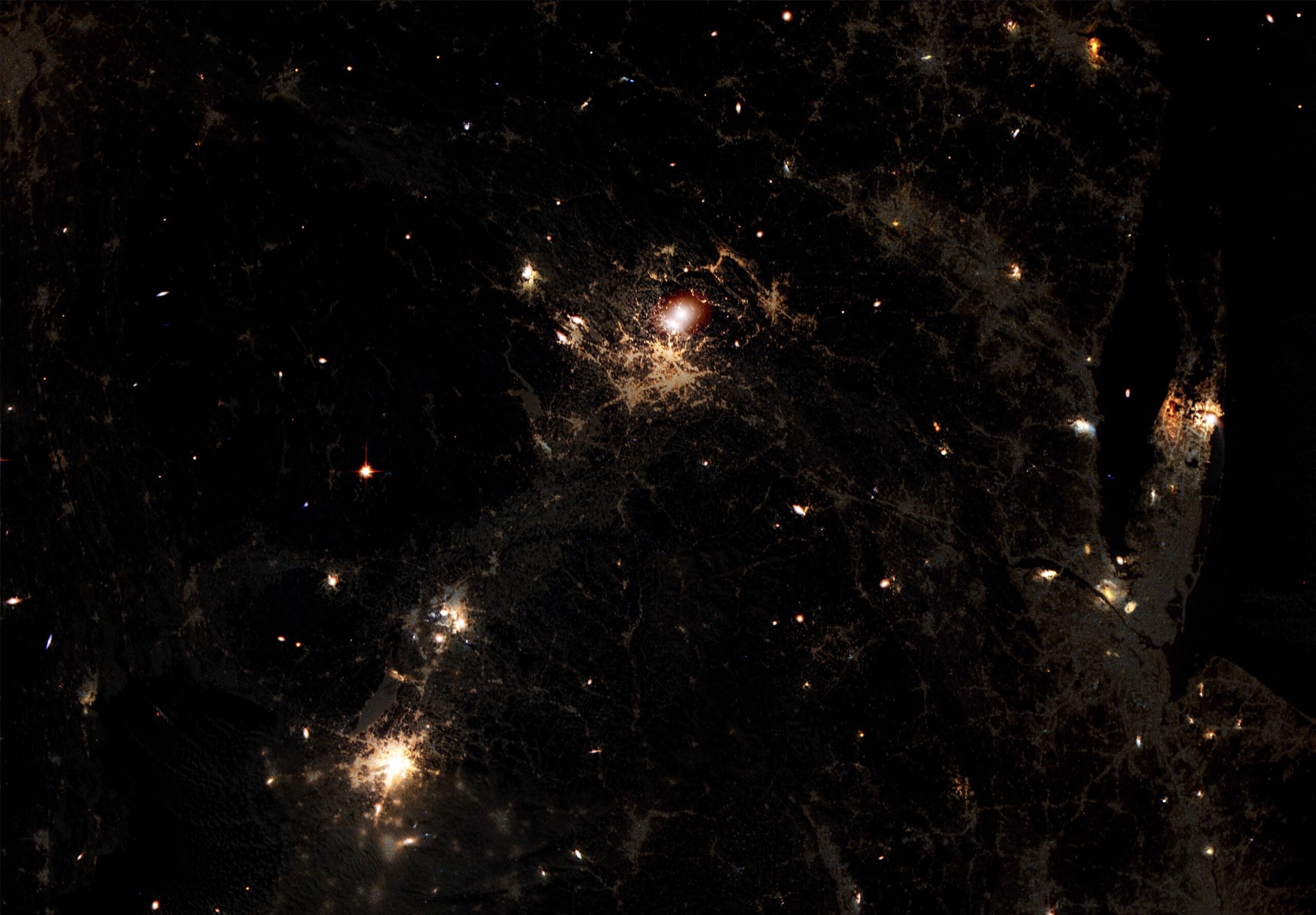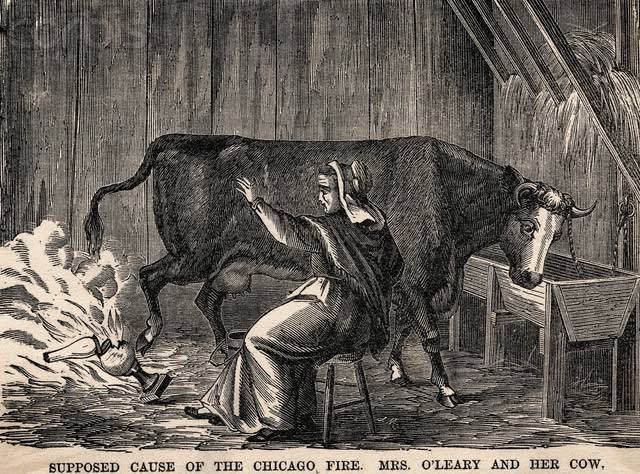Trigger Warning: Descriptions of explosion, blood, injuries, death of a child, loss of body parts, paralysis, and PTSD.
Two days ago was a national day of mourning in Lebanon. A year ago, a massive explosion blasted across Beirut as tonnes of ammonium nitrate ignited in the port. It is one of the largest non-nuclear explosions ever recorded and killed more than 200 victims, injured about 7,000, and left about 300,000 without homes. These numbers, however, are approximate as people continue to die from and live with the aftermath of the explosion today. Beirut itself was incredibly damaged with property across the city destroyed and affected by the blast with estimates of the cost in billions of US dollars. Hazardous and toxic gases have been released into the air, damaging to both the environment and people. The psychological damage left behind remains unimaginable. To assist processing the explosion and the trauma, to support survivors, and to call attention to the Lebanese government’s failures in this situation, the reading and discussion I Want to Tell You About Beirut livestreamed on August 3 as a co-event between Golden Thread Productions, Al Madina Theatre, and The Legal Agenda.
San Francisco’s Golden Thread Productions is America’s first theater company dedicated to telling stories from and about the Middle East. Al Madina Theatre in Beirut operates as a theater company and cultural space for discussing issues in Lebanese and Arab societies. Alongside these theater companies is The Legal Agenda, an activist nonprofit that supports research and advocacy across several Arab countries from its base in Beirut.
The event, part of Golden Thread’s New Threads Reading Series 2021, was created to “uplift survivors’ voices,” as director Sahar Assaf said. A year later, the survivors are still processing while grappling with a lack of answers or assistance from the Lebanese government. The ammonium nitrate which exploded was stored with fireworks in a warehouse in the port, left there for years improperly as the government failed to act despite numerous warnings from customs officials about the danger. How much ammonium nitrate? Estimates by different investigations vary as approximately 2,750 tonnes were originally stored there, but American and European investigations concluded less than half that amount was ignited. Where the rest of the ammonium nitrate went has yet to be discovered. What set off the explosion also has yet to be determined and theories have developed over the past year as journalists and human rights groups dig into the possibilities while the Lebanese government’s investigation stalls. Some theories suggest the initial fire that caused the explosion was accidental while others believe it was intentional. Part of the shroud covering the truth of the explosion’s origin is the power struggles at play in the port between Lebanon’s major political parties; the port’s mismanagement makes it a prime opportunity to reap illicit and enriching rewards.
In Arabic or English, they read through everything the interviewees shared in testimonies of their experiences of the explosion and all that has (and hasn’t) happened since.
Following a brief introduction at the start of the reading, an approximately 15-minute recording was streamed for the audience of actors based in San Francisco or Lebanon reading verbatim testimonies from survivors. The video was powerful in its simplicity. Each actor was filmed walking into a black box and sitting down on a single chair in casual everyday clothes with paper in hand. Then, they read. In Arabic or English, they read through everything the interviewees shared in testimonies of their experiences of the explosion and all that has (and hasn’t) happened since. With each testimony, a translation into the other language was provided in the subtitles.
The first testimony came from a woman named Julia, a musician who worked in a sound studio and a bookshop last August. She lived above the bookshop with her boyfriend Pascal when they felt something weird. Julia talked about how they learned from their parents who had lived through the Lebanese Civil War to stand by a wall. Then the explosion happened. Julia was okay, but Pascal was knocked unconscious and severely injured; she thought in the chaos that followed that it had been a bomb. She had “tunnel vision” on Pascal who eventually woke up. They made it down the four flights of stairs despite the compound fracture in Pascal’s leg. Eventually, they made it to a hospital in another town (all the hospitals in Beirut were already at capacity) in a friend’s car, Pascal conscious but out of it and repeating the same questions and observations over and over again.
“This is the moment we lose everything in a single moment.” – Julia
“I could not accept it was a mistake,” she said. “I preferred that it would be Israel bombing us.” She remembers thinking to herself often through the experience “this is the moment we lose everything in a single moment.” It was an experience that her parents, like so many others, had had during the Civil War a couple decades ago. “Now, it’s our turn.” Yet, something is different this time. For Julia, she does not accept that this is normal, that something like this happening is okay. “We should not bury our trauma like our parents did.”
Details of Julia’s testimony echoed with those in the other interviews. Describing the swathes of blood covering people and surfaces as reminiscent of paint, the tunnel vision of focus on loved ones, the belief that the explosion was a bomb, the search for medical help as hospitals were full, running out of medical supplies and room without time to follow hygienic protocol between treating victims emerged throughout the reading.
Two of the survivors had gaps in their memories of the explosion. Fatima, 38, was at work and had to be told what happened later. She was told she survived because an ambulance had passed by soon after and took her with them. Had they not, she “would have died in 5 minutes” from her injuries including massive internal bleeding and the loss of an eye. She was in a coma for 11 days during which time they performed surgeries to save her. She acknowledged all she lost from her ability to work and her looks to the pounding in her skull she still gets sometimes and the PTSD she experiences from loud noises. But, Fatima remained grateful to the doctors who have helped her as the government has provided no assistance or financial support for the medical costs. “I thank God,” she said. Fatima believed she was saved by Providence for the sake of her daughters. They were at home when the blast ripped through the city; one sheltered with neighbors while the other went out into the destruction to search for their mother.
“All my life has changed. I am a zero in life.” – Abbas
Abbas, who was also working at the time, does not remember the explosion. He was knocked out, but woke up minutes later and was told an airstrike had hit the port. He described his memory of the immediate aftermath as “it felt as if it was night.” A passing pickup truck took him and some co-workers to Saint Joseph Hospital. After complaining of intense pain after some initial treatment, a doctor reexamined him and immediately put him under anesthesia for a nearly six-hour surgery during which they treated multiple serious head injuries that required 45 stitches. When he woke up, his body and face were swollen, his legs paralyzed. “All my life has changed,” Abbas said. “I am a zero in life.” Abbas holds the government in contempt. “This explosion is like all the others…there is nothing in this country.” His belief that the government will do nothing to help the victims, their families, Beirut, or the country as a whole is a widespread sentiment in Lebanon as a year later, many questions remain.
Sarah Oehlers agreed. “Negligence on this scale is absolutely criminal,” she said. Sarah, an Australian, worked at the United Nations and lived in Beirut with her husband and 2-year old boy Isaac. They were at home eating dinner, Isaac in his high chair, when the ammonium nitrate ignited. Sarah, 7 months pregnant at the time, was knocked to the floor; a large piece of glass pierced Isaac’s chest. A neighbor took them to the hospital though the nearest one, Saint George, had been destroyed in the blast. Isaac died shortly after arriving. Originally, Sarah “could not see a path to justice” and did not see the point in trying. But as time went on, her view changed. She shared she considers her child murdered and went through each action the government took or did not take that could have prevented and mitigated the disaster: from continuing to store the ammonium nitrate at the port, to the maintenance of the warehouse, to not clearing the area when the initial fire sparked in case the ammonium nitrate was ignited, to the lack of apology, assistance, and action to help victims recover, and to not holding the responsible parties accountable.
These verbatim testimonies were powerful and the actors gave them breath without extra flourishes, letting themselves truly take on the role of medium for the audience to connect with the interviewees. The direction and cinematography echoed documentary film interviews, contributing to the effect of obscuring the actors in such a way as to truly focus on the experiences being shared. For this reading, six survivors were interviewed, though one retracted their testimony. It is only the beginning of the project, according to Sahar Assaf. Assaf, Executive Artistic Director of Golden Thread, facilitated the roundtable discussion that brought together Nidal Al Ashkar, Artistic Director of Al Madina Theatre, Zeina Daccache, a drama therapist who founded Catharsis Lebanese Center for Drama Therapy, Ghida Frangieh, a lawyer and member of The Legal Agenda, Tania El Khoury, a live artist, and Hamed Sinno, a musician, writer, and social justice advocate who co-founded Mashrou Leila. Spread out across the globe, the panelists discussed the event and the collective trauma of those affected by the catastrophe.
“I felt people need [theater], needed a space where they feel human again.” – Nidal Alachkar
Drama therapist Zeina Daccache explained that they are experiencing both collective and complex trauma. To begin with, she said that “as residents in Lebanon, we do not exist” which is the foundational trauma upon which all others have accumulated. Dacacche pointed to the government’s neglect and the lack of justice as the contextual traumas in which various disasters have affected residents and that “we can’t even conceptualize this kind of trauma because it’s not similar to anything else.” And to heal from these traumas requires a safe space, but as Dacacche said, “safe space in Lebanon is a dream.” In a way, that is exactly why Nidal Alachkar felt the need to move forward through Al Madina Theatre. “I felt people needed it, needed a space where they feel human again,” she said.
The collective trauma of the explosion simultaneously built upon previous traumas including the Civil War of 1975-90, the recent economic meltdown in which Lebanese currency has lost all of its value, and the pandemic. The explosion, however, is not the last one people in Lebanon have dealt with. Alongside a continually degrading economic situation, since last August there have been widespread power outages and shortages in medicine, milk, food, and fuel. With the destruction of Beirut’s port in the blast, the country has less ability to import goods, driving prices of some basic necessities to triple and quadruple their usual prices. The middle class has been driven into poverty, child hunger has increased dramatically, families are resorting to pulling children from school or sending them to work, and future shortages and disasters are on the horizon as a notice from UNICEF that access to safe water could disappear in weeks warns.
So how to process this trauma and heal? Ghida Frangieh explained that the lack of accountability and the actions the government has taken are “keeping the wound open.” Due to the political situation in Lebanon, the government has either refused or avoided providing assistance and conducting a proper and transparent investigation. Various factors include internal corruption, potential connections between officials and organized crime, the lack of independence in the judges, a lack of due process, an inability to appeal court decisions, and immunity for government officials. These delays to the investigation have led to a widespread call for an independent, international investigation with various countries and organizations now taking action. “We need answers to even start to think about starting to heal,” Frangieh said.
Hamed Sinno, who is currently living in the US while in graduate school, discussed the role of arts in the process. Though they see limitations with art, music, and even drama therapy and acknowledges the pain in the process, Sinno shared the belief that continuing to tell these stories through art is important. Sahar Assaf shared that she had similar thoughts. She had dreaded this reading because of the emotional difficulty it presented, but reminded herself that the work needed to be done. Assaf had also respectfully shared that an additional panelist ultimately decided that she was not yet ready to participate.
Assaf plans to develop this project more with more interviews, though what form this work will take on stage has yet to be shared. But this reading was a step – a step in the project, but also in sharing collective trauma, of using creative spaces to process, and in theater activism. Throughout the event, there was a common understanding that the trauma experienced by earlier generations during the Civil War was never unpacked, never shared and healed from, but buried deep. And many of the participants shared a desire to break that cycle. Sinno emphasized, “this is brutal, but it needs to happen because we can’t do what our parents did.”
To learn more about The Civilians and to access exclusive discounts to shows, join our email list at TheCivilians.org.
Author
-

Leah Putnam (she/her) is a dramaturg from outside of Philadelphia, Pennsylvania. Prior to joining The Civilians, she worked as a dramaturg for Live Arts in Charlottesville, Virginia and has worked on developing new work with writers including LET GO OF ME by Kelley Van Dilla. She is particularly passionate about immersive theater and also has a background in costumes. Leah completed her MA in English at UVA and her BA in English at NYU.










